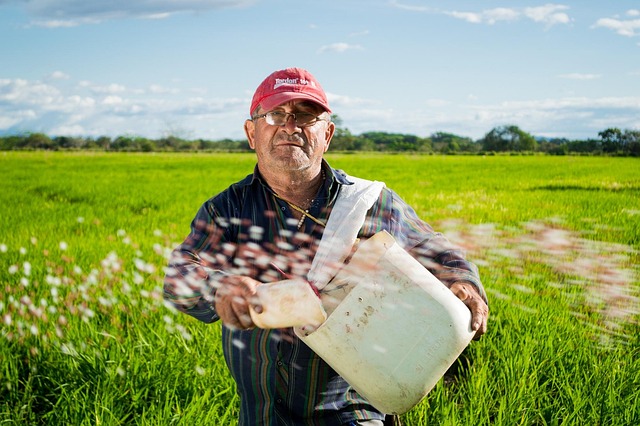Embarking on the Green Journey
The sun dips low in the sky, casting a warm glow over sprawling fields of vibrant greens and earthy browns. As we witness the growing awareness of sustainable practices, organic food production emerges as a beacon of hope for the future of agriculture. The journey of organic fruit and vegetable farming is not just about cultivating crops; it’s about fostering a holistic relationship with the earth and embracing the benefits this lifestyle brings to our communities and personal well-being.
The Essence of Organic Farming
At its core, organic farming prioritizes a natural approach to food production. Farmers work in harmony with nature, using ecological practices that enhance soil fertility, promote biodiversity, and eliminate harmful chemicals. This philosophy resonates deeply with those who crave clean, nutritious food that not only nurtures their bodies but also honors the planet.
Healthier Choices for Healthier Lives
Choosing organic fruits and vegetables means opting for produce that is free from synthetic pesticides and fertilizers, which are often linked to negative health effects. With organic food production, consumers gain peace of mind knowing they are consuming food that is safer and potentially more nutritious. The vibrant colors of organic produce, from the deep hues of ripe tomatoes to the lush greens of kale, entice the senses and remind us of nature’s beauty.
Community and Connection
Organic farming fosters a sense of community. Farmers often engage directly with consumers through farmer’s markets, co-ops, and community-supported agriculture (CSA) programs. These connections establish trust and understanding, as individuals can witness firsthand the care and dedication that goes into organic food production. It transforms the act of buying groceries into a meaningful experience, one where patrons support local economies and sustainable practices.
Winning the Battle Against Climate Change
In an era where climate change is a pressing concern, organic farming stands as a solution. By emphasizing crop diversity and reducing reliance on fossil fuels, organic practices can decrease carbon emissions and improve soil health. By choosing organic, consumers contribute to the fight against climate change, nurturing not just their bodies, but the planet’s future.
Embracing the Challenge
The journey of organic fruit and vegetable farming is not without its challenges. Farmers face hurdles such as weather fluctuations, pest management without chemical assistance, and the ever-present threat of market competition. However, the rewards of this journey are profound. Every harvest represents the triumph of resilient spirits dedicated to sustainable practices. Each organic crop nurtured through careful stewardship stands testament to hope, health, and harmony with nature.
The next time you stroll through a market or pick produce at your local grocery store, take a moment to appreciate the story behind the organic fruits and vegetables before you. It’s not just food; it’s a movement toward a sustainable and nourishing future. Join in celebrating the journey of organic food production as we cultivate a world where nature and health thrive hand in hand.



